Keeping your home secure involves more than a decent lock and an alarm. Many modern technologies have redefined household security systems, making burglars think twice about going ahead with the robbery. While surveillance and other security features do most of the work, certain measures such as reinforcing entry points and investing in a safe are also crucial steps you can take. Besides protecting your home from theft, home security also provides elements that allow you to possibly stop hazards such as a house fire or a flood. Getting to know the common solutions of theft prevention — among other protective measures — can give you a better idea of how to be prepared for the worst.
What Constitutes a Security System?
A complete home security plan normally consists of several elements working in harmony to keep you and your family safe. These elements may include high-tech devices such as motion detectors that transmit data to your phone. However, you will also need to take some measures into your own hands by knowing where to hide your valuables and keeping your digital information secure.
Motion Detectors
You will most likely find motion detectors hidden in corners and concealed places. As the name suggests, these devices react upon detecting motion within a certain radius. Advanced varieties are combined with security cameras which start recording video when the detector senses movement. Many systems even allow you to watch the footage in real-time from your mobile phone, laptop, or other Wi-Fi-enabled devices.
Security Cameras
While there is a variety of cameras that you can directly connect to CCTVs, other models are completely wireless for easier installation. These may also have a wide range of features such as recording footage, capturing images, as well as connectivity to mobile phones, tablets, and laptops. Advanced models will also feature motion-detecting functionalities as well as graphics with better resolution.
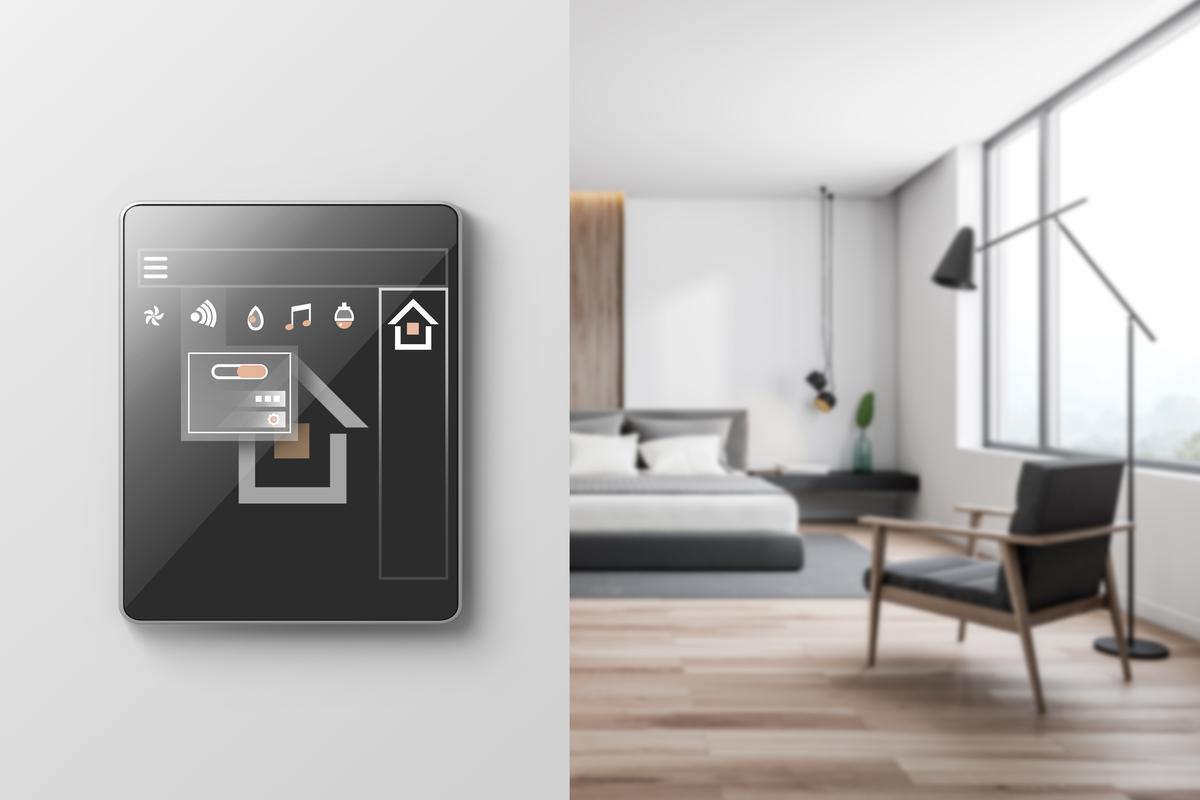

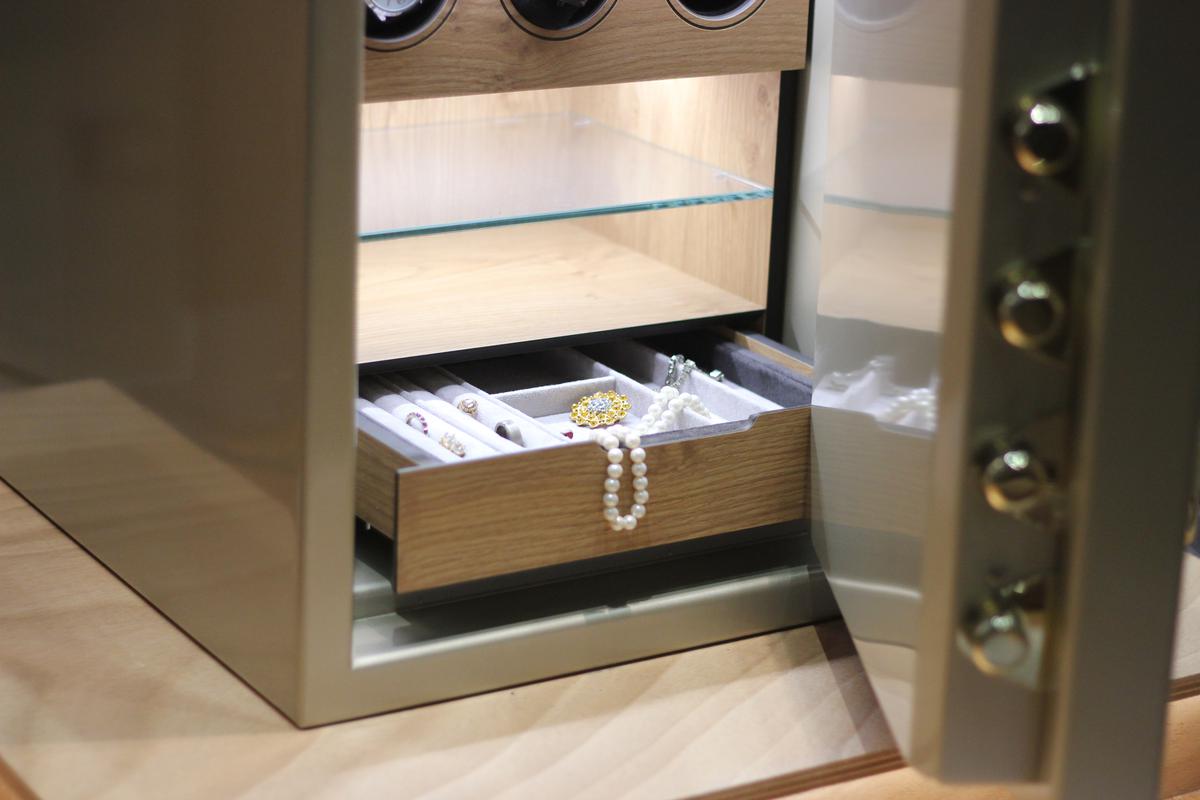
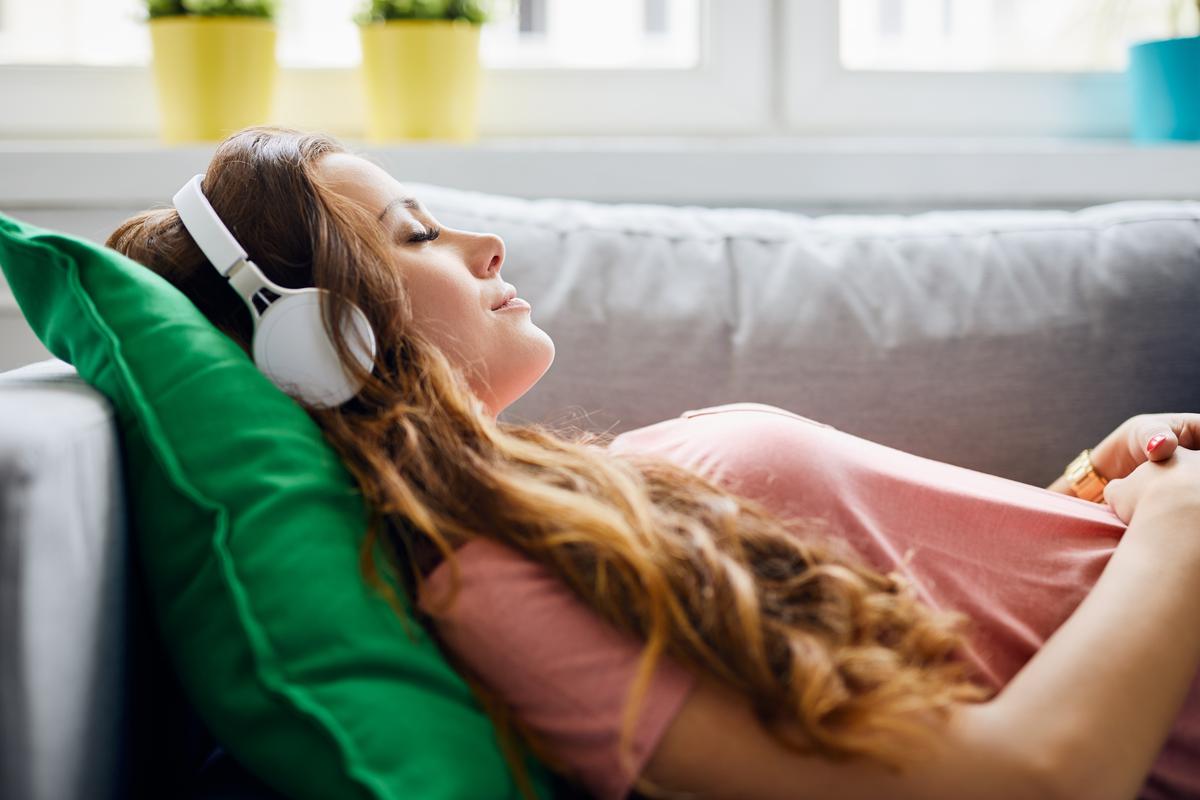
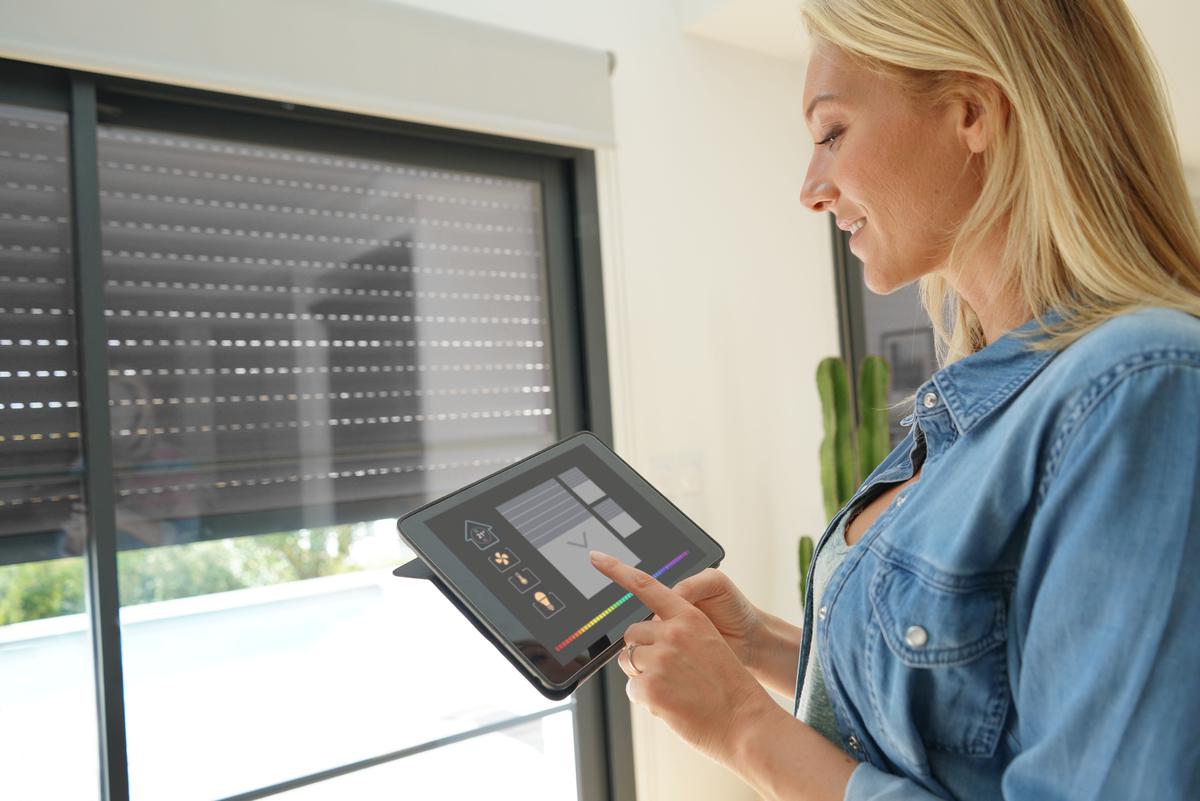
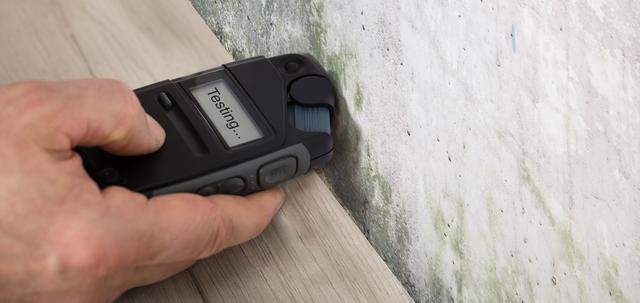
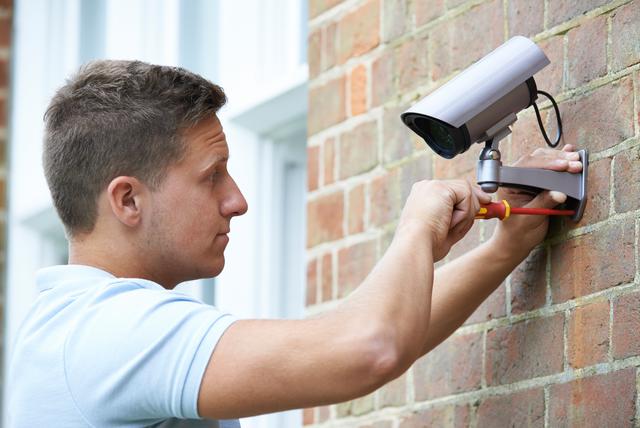
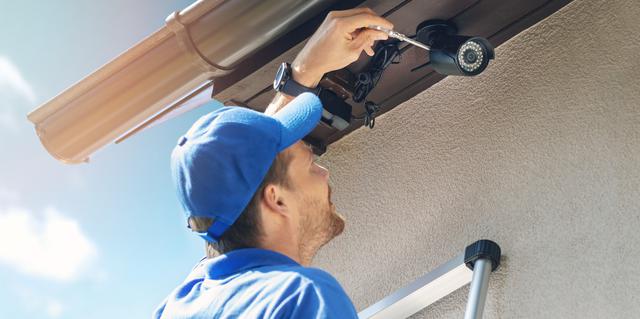
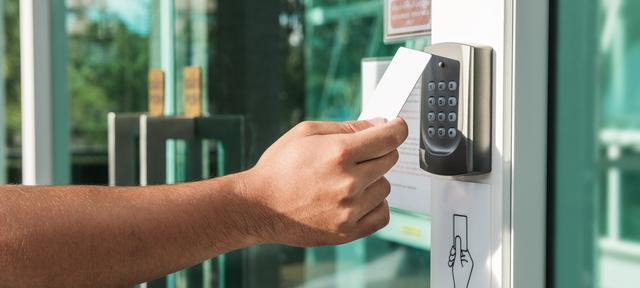
comments